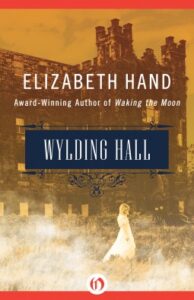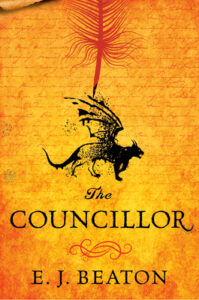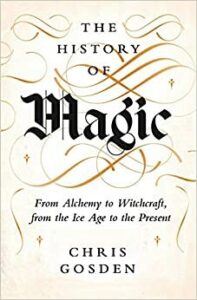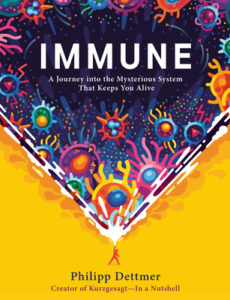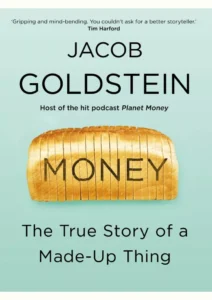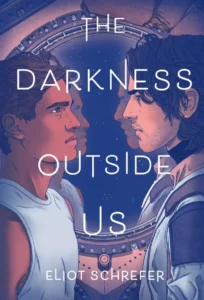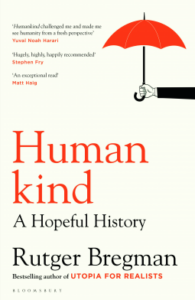 Humankind, Rutger Bregman
Humankind, Rutger Bregman
This was a really quick read which I found myself really enjoying. It’s a profoundly optimistic book, arguing that humans are generally inclined toward cooperation and care for one another, and highlighting the pitfalls (and manipulations inherent in) certain famous studies that people have relied on for a rather pessimistic view of humanity. We’re talking Stanley Milgram’s electric shock experiments, Philip Zimbardo’s Stanford prison experiment, and Muzafer Sherif’s Robbers Cave experiment — “I was just following orders”, “power will inevitably be abused”, “kids will go full Lord of the Flies if left alone”.
The criticisms of these are known elsewhere, based on methodology and skewed reporting (the experimenters put heavy pressure on the subjects of the electric shock studies, and many of the subjects didn’t actually believe there was anyone being shocked; the prison guards were heavily coached to behave the way they did by Zimbardo himself and a hand-picked guard, plus the guy who allegedly went crazy just wanted to get out of there and acted it; the kids were manipulated into fighting, but actually tended toward cooperation and reconciliation when left alone), and Bregman lays out the criticisms well. He’s not some lone voice in the wilderness here: if you read around, there are plenty of critiques of those old experiments, and attempts to reproduce the results have failed or had markedly less success.
He also picks apart the very well known “bystander syndrome”, by pointing out that one of the people who didn’t act in the famous case of Kitty Genovese’s murder was terrified of being found out for being queer, and instead ran to find someone else… who ran out of her home immediately and held Genovese in her arms until an ambulance arrived. Kitty Genovese didn’t die alone, and witnesses did call the police, who gave the reports low priority as the witnesses didn’t know what they’d witnessed was a serious attack.
At the same time, Bregman does acknowledge that these results were obtained and can be under some circumstances. It would be wrong to characterise his point as being that humans are always going to be good. In fact, he points out situations that bring out the worst in us, mostly (in his view) in line with the mismatch hypothesis: humans as a species didn’t evolve for this modern, technological world with crowded cities, neighbours you don’t know, etc.
His answer is not that we necessarily need to go back to pre-city ways of living. In fact, many of his suggestions are about bringing out the best in ourselves in the world that we have, with individual-level suggestions about trust, avoiding the news, not getting swept up in the latest outrage, etc.
I think he’s an optimist and an idealist, and his argument that we can’t be cooperative and good to one another without trust is difficult to refute in a world where suspicion seems like the best option. His most realistic suggestion is to live, as an individual, as trustfully as possible, and reach for the cooperative solution as much as you can. To do good openly, and spread that goodness by example.
Much of what he says is what I’d like to believe, and much of what he suggests is how I already choose to act, so of course the book plays into my bias. Still, I think it’s well-written, spiced with just the right anecdotes to make his point, and a good (and surprisingly quick) read — I tore through it. If he’s wrong, well, I’d like him to be right, and I think little harm will come from believing that he’s right.
Rating: 5/5
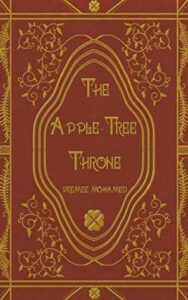 The Apple-Tree Throne, Premee Mohamed
The Apple-Tree Throne, Premee Mohamed

